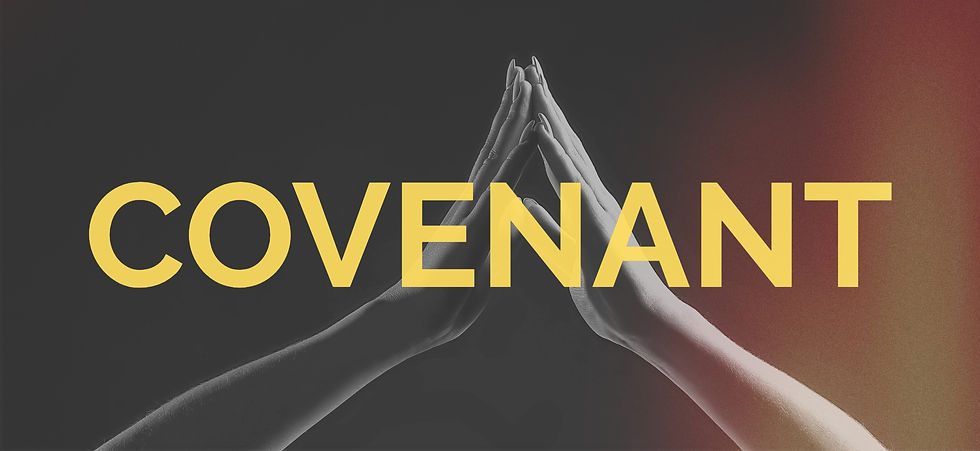God's People - Abel
- Luke Hamblett
- Jun 6, 2021
- 3 min read
This week we are going to take a look at Abel, the brother of Cain and son of Adam and Eve. Let's find out what we can learn from Abel.

The verse in which Abel is introduced is the same section as where we met Cain.
Genesis 4:2-8 (NIV)
2 Later she gave birth to his brother Abel. Now Abel kept flocks, and Cain worked the soil. 3 In the course of time Cain brought some of the fruits of the soil as an offering to the Lord. 4 And Abel also brought an offering—fat portions from some of the firstborn of his flock. The Lord looked with favor on Abel and his offering, 5 but on Cain and his offering he did not look with favor. So Cain was very angry, and his face was downcast.
6 Then the Lord said to Cain, “Why are you angry? Why is your face downcast? 7 If you do what is right, will you not be accepted? But if you do not do what is right, sin is crouching at your door; it desires to have you, but you must rule over it.” 8 Now Cain said to his brother Abel, “Let’s go out to the field.” While they were in the field, Cain attacked his brother Abel and killed him.
Abel (heh-bel) can literally be translated as 'breath'. Abel's name was a literal representation of him being born into life. Abel was the first shepherd, the one in the family that took care of the herd of sheep. This is a defining role for Abel, the role of the shepherd is a narrative that we see flowing throughout the entire Bible and it eventually leads us to Jesus, the ultimate shepherd. This also highlight the way in which we as humans are set apart, the nature of farming and tending to animals was with us from the beginning, whereas animals lives a complete hunter gatherer lifestyle.
We read that God looked favourable on Abel's offering, why is this? It's all about the intent behind it, Abel gave his offering not out of duty or a selfish desire, but out of faith. This is why God looked favourably on Abel's offering but not Cain's. This teaches us that God looks at the condition of your heart, not your sacrifice. Both of the offerings were equally valid, but God sees through the surface and recognises the intent behind the offering that is given, on this basis we can see that it's about our desire to worship, praise and seek God.
Hebrews 11:4 (NIV)
4 By faith Abel brought God a better offering than Cain did. By faith he was commended as righteous, when God spoke well of his offerings. And by faith Abel still speaks, even though he is dead.
Here in Hebrews, Abel is listed as the first person in something we know as the 'Hall of Faith', where a number of key characters from biblical narrative are listed. The important bit that I want to draw out of this is the final sentence 'And by faith Abel still speaks, even though he is dead.' Abel's heart and obedience still speaks to us thousands of years after his death, his legacy lives on. I think this is something that it is worth considering, what is the legacy that we will leave behind? Will our legacy speak favourably of us? If we are following the path that God has set before us then we will leave behind a good example for those who follow, just like Abel.
So, what are the key points from Abel's life?
- God sees through our offerings and examines our hearts
- What is the legacy we are leaving behind? Will it help those who follow on from us?
- Who are the sheep in our flock? Are we taking care of them?
I pray that as we reflect upon Abel's life and the statements/questions above that God will help us to follow the path that he has set before us.
Amen



Comments